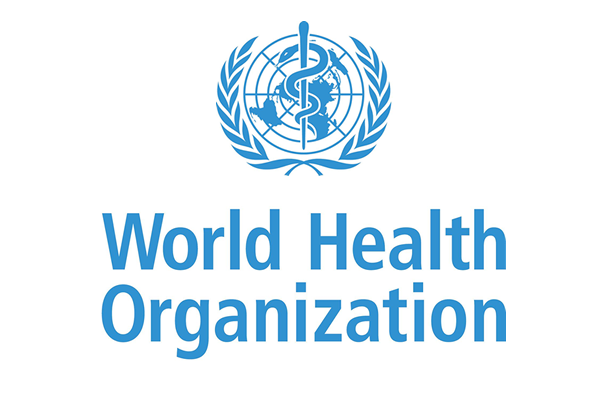

One of the determinants of a well developed nation health wise is her life expectancy ratio.
Life expectancy can be defined as a statistical measure of the average time an organism is expected to live, based on the year of its birth, its current age and other demographic factors including gender.
According to World health Organization ,W.H.O, in 2018, the total life expectancy in Nigeria was fifty five point two years and a world ranking of One Hundred and Seventy-Eighty.
This report showed that Nigeria has the world’s lowest life expectancy with male life expectancy standing at fifty-four point seven years while female is at fifty-five point seven.
It is however disheartening that the National Population Commission, N.P.C, data says overall life expectancy in Nigeria, Africa’s most populous nation, has dropped by three years to fifty-two point two years.
With this global report, life expectancy of an average Nigerian in 2019 was not better than those in the Central African Republic, Chad and Sierra Leone, with life expectancy of fifty-three point eight.
Meanwhile, countries like Hong Kong, Japan, Switzerland have the highest life expectancy rates of eighty-four point three, eighty-four point one and eighty-three point seven years
Identifiable causes of death in Nigeria are corruption, suicide, war, violence, early marriage and natural disasters.
Others are motor accidents, ignorance, hypertension and other diseases.
To improve life expectancy, therefore, there should be quality and affordable health care services for all Nigerians.
Moreover, the national health insurance scheme should be extended to cover all categories of health issues and all classes of people.
Government should increase budgetary allocations to health institutions nationwide so as to improve quantity and quality of facilities as in developed nations where wealthy Nigerians migrate to in search of better health services.
The World Health Organization’s recommendation that one doctor should address every six hundred patients should be ensured so as to have good health care delivery as the present one doctor to every five thousand Nigerian is dangerous.
Corruption which has been the bane of the nation’s development should be tackled headlong as this will boost the nation’s healthcare system.
Also, primary health care centres should be strengthened to serve the larger population and address the problem of quackery and mi- diagnosis which often lead to loss of lives in rural communities.
It is also imperative for pharmaceutical companies to be above board by ensuring the production of safe and affordable drugs while pharmaceutical regulatory agencies should increase surveillance on prescription, dispensing and administration of products.
Anthonia Akanji